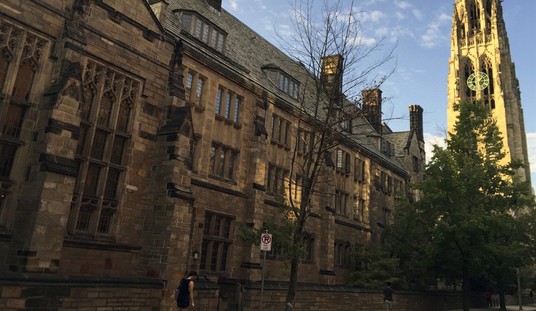It's been nearly six years since four Americans, including U.S. Ambassador Chris Stevens, were killed in the 9/11 Benghazi attacks.
Late last week the leader of the attack, Ahmed Abu Khatallah, was finally sentenced for his crimes. Unfortunately, he won't face the death penalty.
"Ahmed Abu Khatallah, aka Ahmed Mukatallah, 47, a Libyan national, was sentenced today to 22 years in prison on federal terrorism charges and other offenses stemming from the Sept. 11, 2012 terrorist attack on the U.S. Special Mission in Benghazi, Libya. Ambassador J. Christopher Stevens and U.S. government personnel Sean Smith, Tyrone Woods and Glen Doherty died in the attack at the Mission and the nearby Annex in Benghazi," the Department of Justice announced late last week.
Khatallah was captured by U.S. forces in 2014, and brought to the United States from Libya to face trial in Washington D.C. A jury found him guilty late last year.
"According to the government’s evidence, Khatallah was a leader of an extremist militia named Ubaydah bin Jarrah, which operated outside the law, and in the months prior to the attacks, he sought to incite violence by his and other militia groups against the presence of the United States in Libya. In early September of 2012, he and other members of his group mobilized for an attack by stockpiling truckloads of weaponry," DOJ described. "On the night of Sept. 11, 2012, according to the government’s evidence, Khatallah directed his group to carry out the violence, striking first at the U.S. Special Mission in Benghazi."
Recommended
According to the case and the evidence, during the attack Khatallah prevented emergency personnel from responding to the scene.

























Join the conversation as a VIP Member